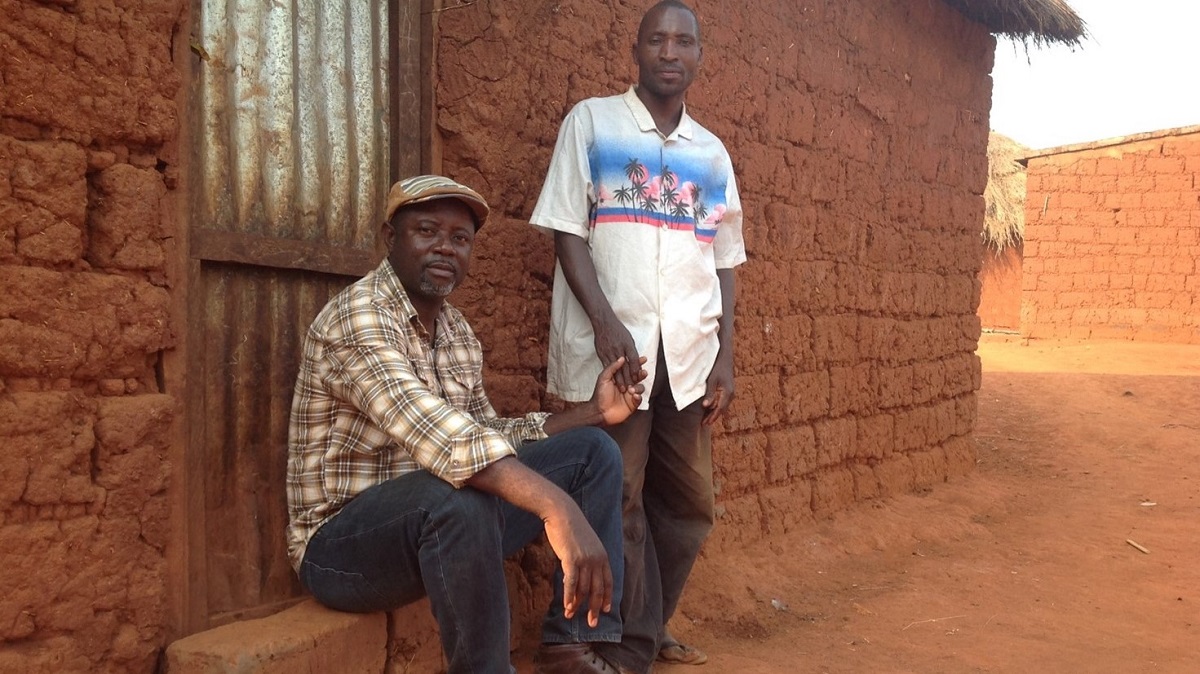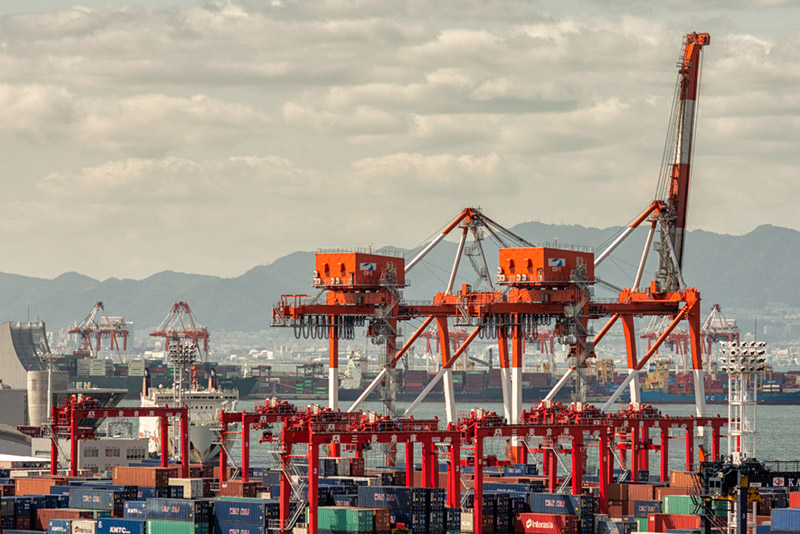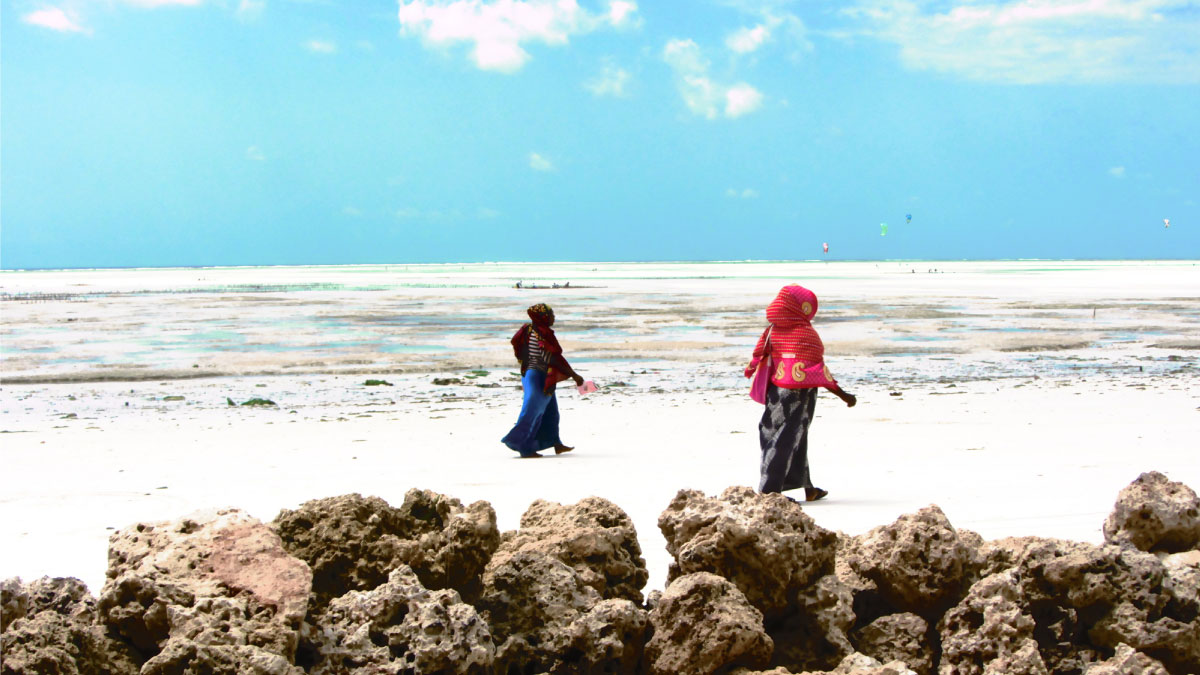Four United Nations organizations have issued a joint statement calling for continued global collaboration to address the crew change crisis that, at times during the COVID-19 pandemic, has left more than 400,000 seafarers stranded at sea.
UNCTAD
After undergoing training provided by UNCTAD, Geraldo Basilua now runs a formally registered business providing agribusiness training and consulting that has increased his income 20-fold.
Global foreign direct investment (FDI) flows showed a strong rebound in 2021, up 77%, according to UNCTAD’s Investment Trends Monitor.
A new Asia-Pacific free trade agreement set to enter into force on 1 January 2022 will create the world’s largest trading bloc by economic size, according to an UNCTAD study.
UNCTAD predicts that annual growth in maritime trade between 2022 and 2026 will slow to 2.4%, compared to 2.9% over the past two decades.
Promoting regional knowledge and South–South cooperation, UNCTAD’s TrainForTrade port management programme has created a network to help port communities reboot their economies.
UNCTAD’s Trade and Development Report 2021 outlines reforms of the international financial system to get more climate adaptation funds flowing to developing countries. Released ahead of the COP26 climate summit, the report calls for a transformative approach to climate adaptation, with advanced economies ensuring that multilateral institutions can support developing countries to manage the changing climate. Estimates indicate that annual climate adaptation costs in developing countries could reach $300 billion in 2030, yet current funding is less than a quarter of that figure.
The data-driven digital economy is surging according to UNCTAD’s Digital Economy Report 2021. Yet, large power imbalances remain as major platforms reinforce their positions in the data value chain.
Developing productive capacities in least developed countries (LDCs) is necessary for boosting their response to and recover from crises such as COVID-19, according to a recent UNCTAD report.
Driven by the belief that young people possess the agency and power to shape their future, some Kenyan youth are tapping into the digital economy and taking their place at the negotiation table.
UNCTAD and Barbados call to photographers everywhere to document a strong narrative of trade and development issues and to share images that showcase trade’s positive impact.
Commodity prices across the board have increased significantly in recent months in the Latin America and the Caribbean (LAC) region. A new UNCTAD study reviews the price increases and their potential. The report underlines that structural differences across the region will likely result in heterogenous impacts of commodity price increases on trade and GDP growth. Most importantly, the high level of uncertainty on commodity markets and the high degrees of commodity dependence across the region underscore the need to boost the resilience of LAC economies to future shocks.
Developing countries whose economies depend on commodities must enhance their technological capacities to escape the trap that leaves most of their populations poor and vulnerable, says UNCTAD’s Commodities and Development Report 2021. About two thirds of developing countries were commodity dependent in 2019, meaning at least 60% of their merchandise export revenues came from primary goods, such as cacao, coffee, copper, cotton, lithium and oil. The report recommends identifying new sectors and designing targeted policies to promote innovation.
The crash in international tourism due to the pandemic could cause a loss of more than $4 trillion to the global GDP for the years 2020 and 2021, according to an UNCTAD report. The estimated loss has been caused by the pandemic’s direct impact on tourism and its ripple effect on other closely linked sectors. International tourism and its closely linked sectors suffered an estimated loss of $2.4 trillion in 2020. A similar loss may occur this year, the report warns, noting that the tourism sector’s recovery will largely depend on the uptake of COVID-19 vaccines globally.















